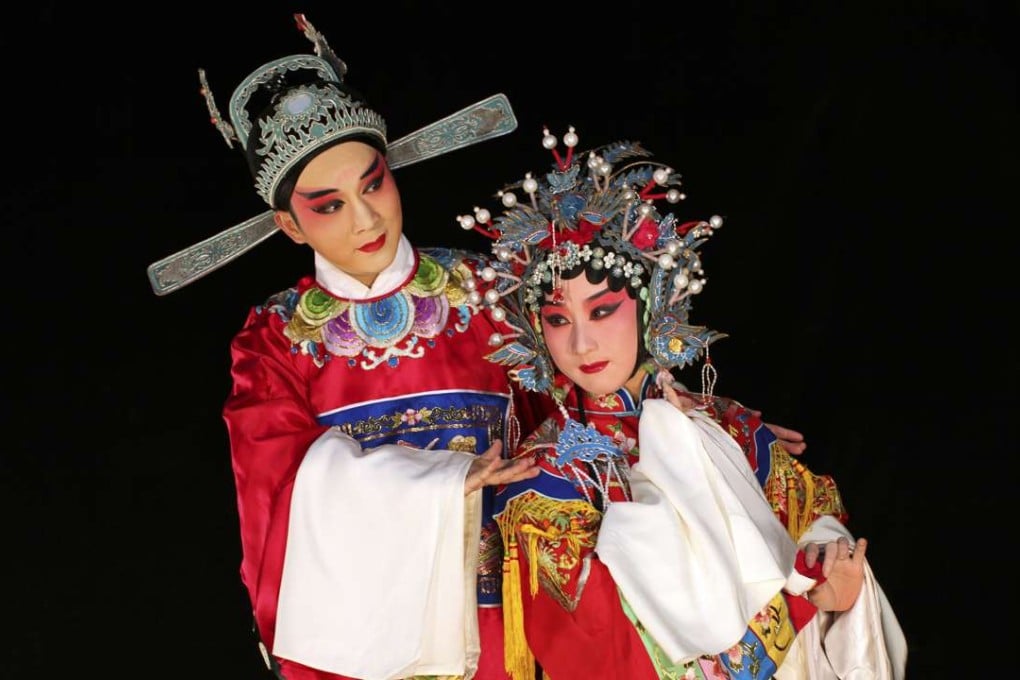‘Chinese Shakespeare’ Tang Xianzu in focus at Hong Kong Chinese opera festival
400 years after his death, works of poet and playwright who heralded an era of openness in China are still often performed, and rare full staging of his Legend of the Purple Hairpin is a highlight of Hong Kong event

He may not have been as prolific as William Shakespeare, and nor is he as internationally renowned, but Tang Xianzu, who, like the Bard, died 400 years ago, penned four of the most significant works in the Chinese operatic canon.
A liberal thinker ahead of his time, the Ming dynasty dramatist’s four masterpieces – The Peony Pavilion, The Legend of the Purple Hairpin, The Story of Handan and The Dream of Nanke – collectively known as The Four Dreams of Yuming Tang, are still being staged regularly by operatic troupes today.

Hong Kong audiences can catch some of these works in the upcoming Chinese Opera Festival, which will feature full-length works as well as excerpts performed by China’s top artists. Organised by the Leisure and Cultural Services Department, this annual offering is now in its seventh edition and will run from June 17 to August 14.
Tang is often compared with Shakespeare, as they both wrote plays and poems and made lasting contributions to literature, says scholar Cheng Pei-kei, an expert on Tang’s works and an adviser to the department.
